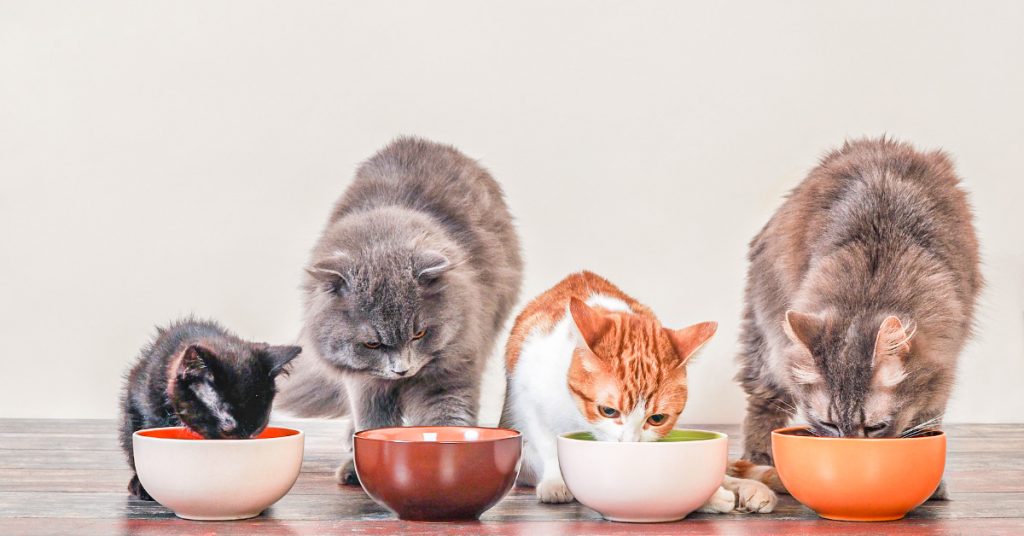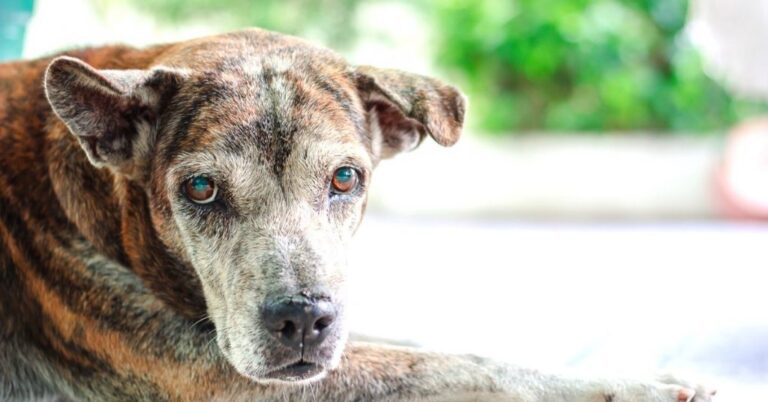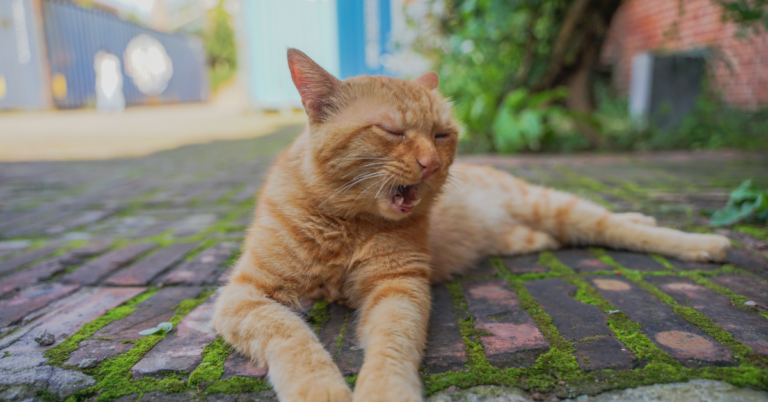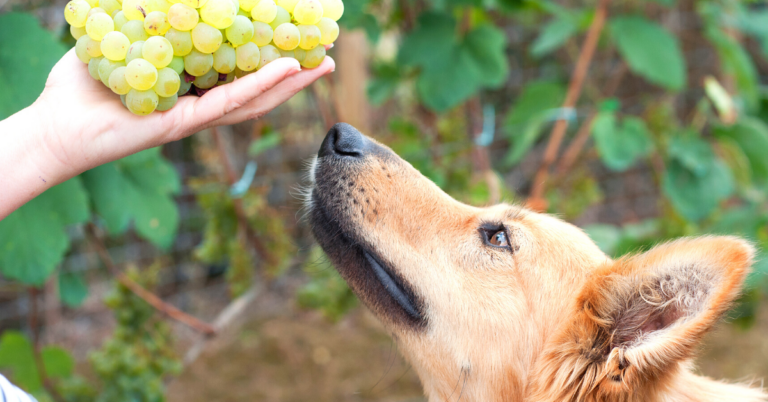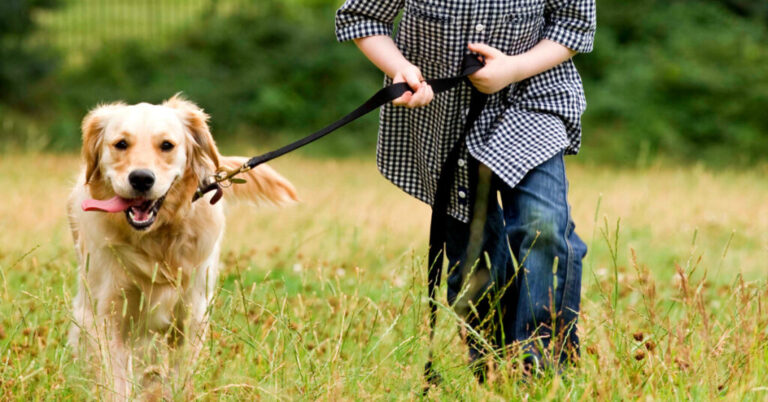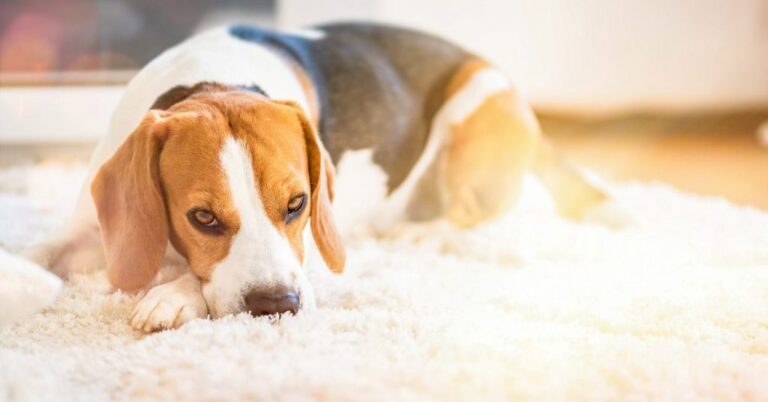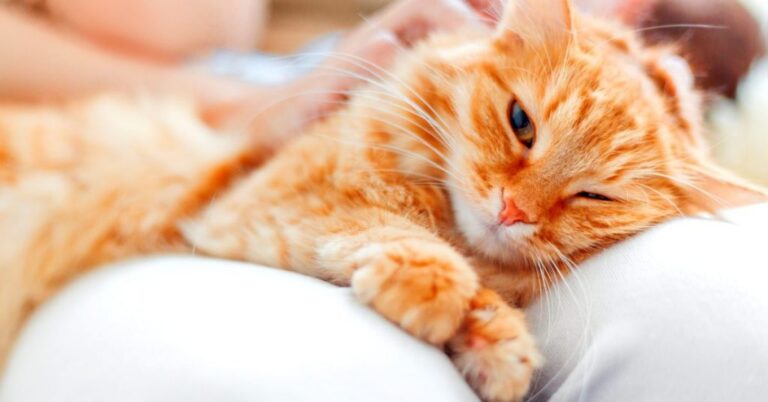How Long Can Cats Go Without Food? (My Cat Isn’t Eating)
When your cat is refusing to eat, you may find yourself asking “how long can cats go without food?”.
Can cats survive without food for extended periods?
Sometimes our furry friends can disappear for a day or two – off on an adventure somewhere!
Other times, they might just have a loss of appetite and straight up refuse to eat what you’re giving.
So let’s dive into exactly what’s going on with your cat when they’re refusing to eat.
And exactly what you can do to help.
How Long Can Cats Go Without Food?
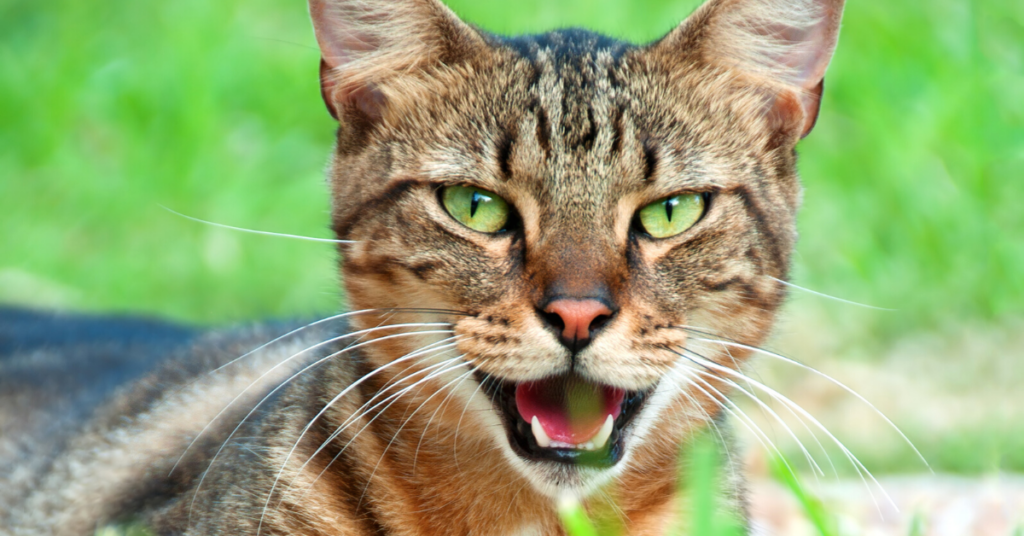
A normal domesticated cat can live up to one week without food.
They can even go as far as two weeks in some cases.
But after a day or two, the lack of food and nutrition will start to have a negative effect on your cats body.
They will quickly become malnourished and will most likely need to see your Veterinarian.
Just like you and me, cats need a healthy supply of food and water.
Even though some of our cats spend time outdoors, don’t assume that they’re eating food elsewhere.
Not all cats have the ability to hunt and catch their own food.
When trying to assess potential health damage of not eating on your cat, there are a few factors to consider: age, weather, surroundings, genetic heritage and emotional state.
If your cat hasn’t eaten in 24 hours, start observing them closely and contact a veterinarian.
For cats to stay healthy and happy, it is essential that they have a dependable source of food.
Failure to consume enough food can lead to hepatic lipidosis, a liver ailment that can be fatal if not treated promptly.
How Long Can Cats Go Without Water?
Water is a critical element for a cat’s body to function correctly.
It sustains cellular activity, promotes proper organ operation, maintains brain health, improves blood circulation and metabolism, aids digestion, prevents constipation, flushes toxins out of the body through urine, and regulates pH levels.
In terms of the duration cats can survive without water, the average is about three to four days.
However, within the first 24 hours of not consuming water, cats will start to experience dehydration.
The longer a cat goes without water, the more severe the dehydration becomes, resulting in electrolyte imbalances and potential organ damage
Why Is My Cat Refusing to Eat?
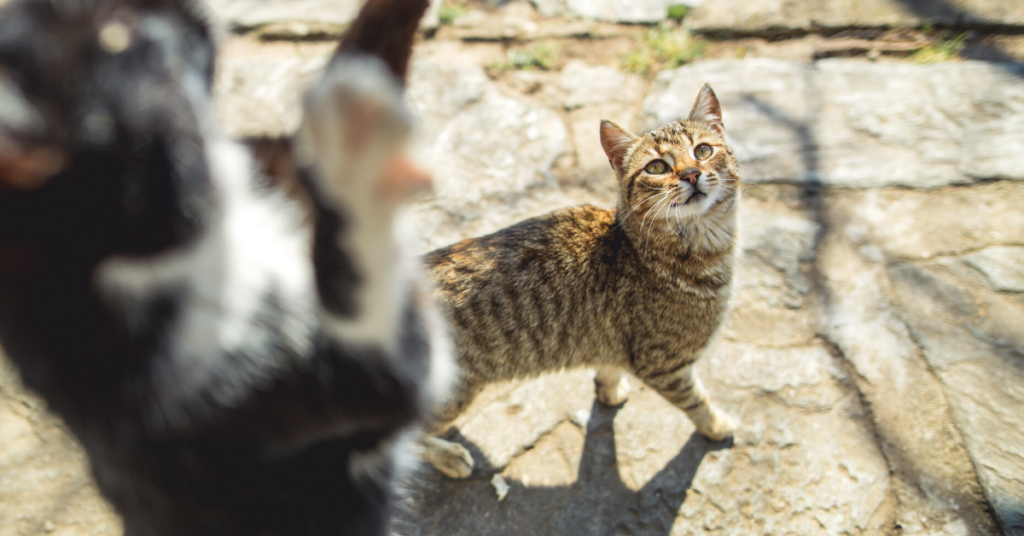
There are a multitude of reasons that your cat could’ve stopped eating.
From illness to boredom, it’s imperative that you observe your cat to try and distinguish the reason why.
If your cat is vomiting, has diarrhea or seems generally unwell, your cat’s loss of appetite can be down to illness.
Dental problems are another common cause.
Is your cat struggling to eat crunchy dry foods?
Are they eating on one side or just seem tentative about eating?
They could have inflammation in their gums.
If your cat is on medication, sometimes a side effect can be a loss of appetite.
Check with your Veterinarian to see if this could be the cause.
Stress can also be another factor.
Have you moved house recently?
Or had any changes to your routine?
Cats can be more sensitive than we realize to changes and as a result, can stop eating.
And the least serious of reasons can be plain boredom!
Cats can be picky with their food and it’s not uncommon for them to skip a meal now and again.
What Happens If a Cat Doesn’t Eat
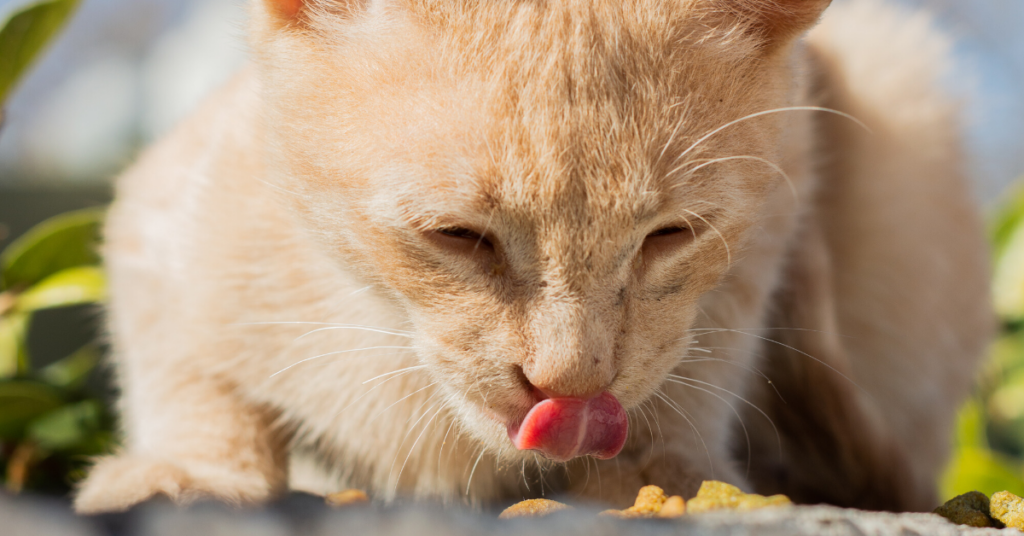
The first thing is to not panic!
If your cat has stopped eating, there are many reasons why.
And not all of them are serious.
A serious condition to be aware of is hepatic lipidosis.
This can occur in any cat that stops eating.
This liver condition can be fatal so it’s essential to get medical help.
Cat’s livers aren’t as resilient as humans or even dogs, so it’s important to get them to a Veterinarian before their organs start shutting down.
How to Get Your Cat to Eat
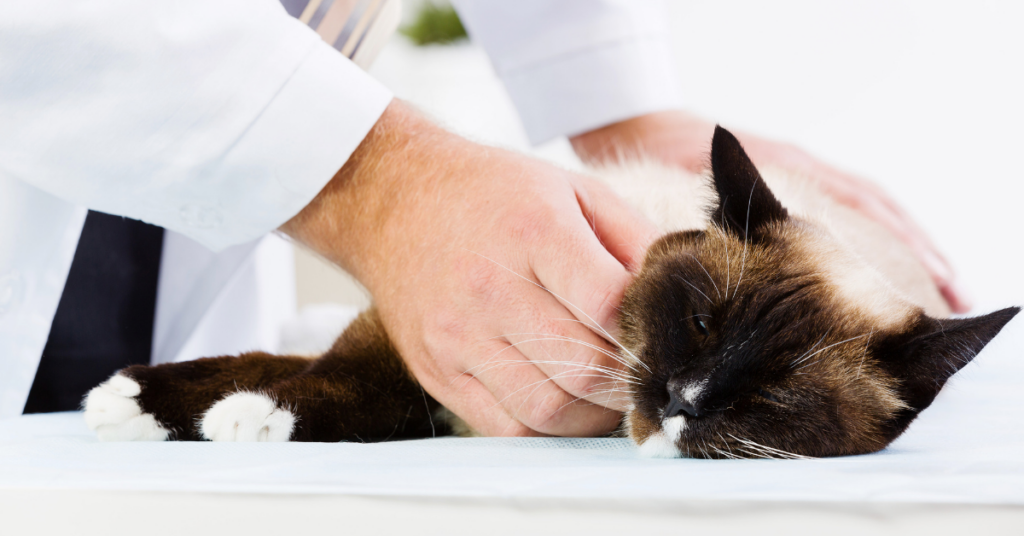
If your cat refuses to eat for 24 hours or has experienced weight loss, take them to see your Veterinarian.
1. Keep your cat hydrated
Ensure that your cat is adequately hydrated first.
Dehydration can lead to a more prolonged and complicated recovery.
If your cat is not drinking enough water, consider adding a small quantity of low-sodium chicken broth or tuna juice to the water.
If this method does not work, try feeding your cat small amounts of water or Pedialyte using a syringe every two hours.
2. Attempt to tempt your feline with food
Your next course of action should be to offer your cat an alternative diet to entice her to eat.
Consider providing a bland meal of boiled chicken, white rice with yogurt, or meat-flavored baby food.
Simply changing the type of food may be enough to stimulate your cat’s appetite.
Additionally, cats generally do not prefer cold food, so it is advisable to try warming it up to see if your cat will consume it in that way.
3. Ensure that your cat’s food is located in a quiet area
As felines are not fond of noisy environments, ensure that your cat’s food is situated in a serene location within the house.
Furthermore, ensure that your cat’s food and water bowls are kept clean as they may avoid eating or drinking from a dirty dish.
It’s not an ideal solution, but at least it will quickly differentiate between a serious condition preventing them from eating and just preferential treatment.
All changes in appetite should be investigated by a veterinarian as this may indicate an underlying metabolic disorder.

